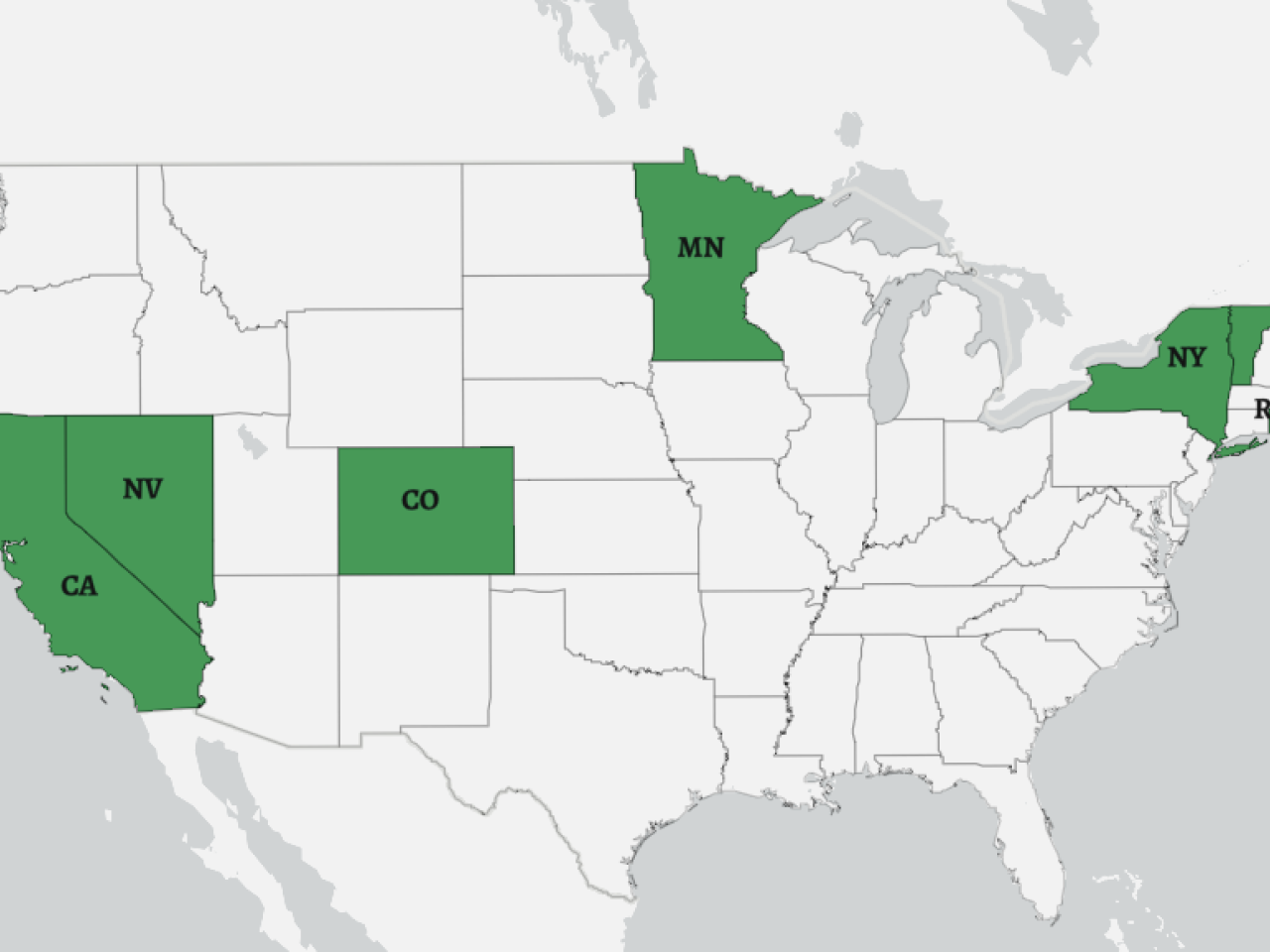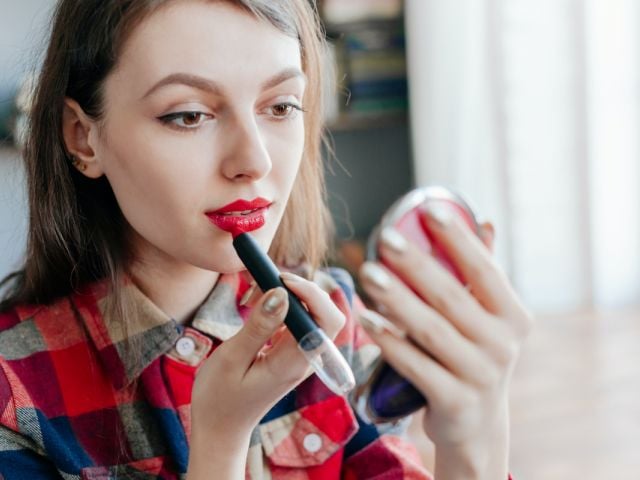
Roughly half of the U.S. population menstruates, and anyone who does will use on average 10,000 menstrual products during their lifetime. These products aren’t luxuries, they’re essential – but studies show they sometimes contain harmful chemicals.
Yet no federal regulations ban them from these essential products, and brands aren’t required to list product ingredients on labels.
In lieu of federal safeguards, several states have stepped up to ensure the safety of these products with chemical ingredient regulations and disclosure requirements.
Troubling chemicals in menstrual products
Menstrual products can include substances – including phthalates and parabens, metals and volatile organic compounds – that are known to cause a wide range of health problems.
Researchers in August 2023 also found evidence that the “forever chemicals” known as PFAS are in some products. The highest levels were found in wrappers for tampons and pads, not the products themselves. They’re also found in period underwear.
The long list of health harms linked to PFAS exposure includes immune system effects, increased cholesterol levels, decreased infant and fetal growth, and increased risk of various cancers.
But not all products tested in that study contained PFAS, so it’s clear companies can make menstrual products without adding forever chemicals.
How menstrual product chemicals get in your body
Chemicals in menstrual products may enter the body through skin contact, because the genital-area skin is more permeable than regular skin. While tampons provide good leak protection, they can cause small tears in the vaginal skin during use, which may let chemicals into the body.
No study has directly examined the relationship between chemical exposure from menstrual products and health outcomes. What is widely known is the harm associated with more general exposure to these substances. It’s concerning that using such an essential product may increase exposure.
These chemicals are also found in a wide range of other consumer products. So the use of menstrual products may contribute to higher total, or cumulative, exposure to harmful substances from the consumer products.
Federal regulations fall short
Despite the presence of harmful chemicals in some menstrual products, federal regulations fall short of what’s needed to safeguard consumers.
The Food and Drug Administration requires manufacturers to disclose some ingredients contained in products classified as cosmetic or personal care products. But menstrual products are classified as medical devices, which are subject to stricter regulations than personal care products. But they are not subject to any labeling requirements.
For PFAS in particular, the Biden administration has made great strides in developing policies that tackle forever chemicals. But there are still no federal laws that regulate them in menstrual products.
How states fill the regulatory gap
In light of the lack of any comprehensive federal regulation, some states have recently taken matters into their own hands, such as banning harmful chemicals in menstrual products, requiring ingredient disclosure on labels or issuing guidance about PFAS. They include:
- California. A pending bill would ban PFAS intentionally added to menstrual products, effective in 2025. It would subsequently impose a maximum threshold of 10 parts per million for all PFAS in these products. The bill recently passed the Assembly, and the Senate is considering it. Under a 2020 law, labels on menstrual products must disclose their ingredients.
- Colorado. Has banned intentionally added PFAS in menstrual products.
- Maine. Recently banned intentionally added PFAS in period products.
- Minnesota. A law enacted in 2023 bans intentionally added PFAS in menstrual products.
- New York. In 2019, was the first to require the disclosure of ingredients in all menstrual products. Another bill banning PFAS and several other individual chemicals, such as talc, lead and mercury, passed the Senate earlier this year and is being considered by the Assembly.
- Nevada. Requires the disclosure of ingredients in menstrual products.
- Rhode Island. Banned intentionally added PFAS from period products.
- Vermont. First to ban multiple classes of chemicals from menstrual products, including PFAS, phthalates, parabens and heavy metals.
- Washington. The state Department of Ecology has recommended banning PFAS in certain consumer products, including menstrual underwear.
State actions can shift national sentiment and help pressure companies to get harmful chemicals out of the manufacturing process. So these state efforts represent a key step toward the safety and transparency of menstrual products and their ingredients, helping consumers make safer purchasing choices.
What can you do?
Managing menstruation is already hard without the added worry of possibly harmful ingredients in these essential products. To minimize exposure to chemicals, you can:
- Contact brands to ask what ingredients they’re using in their menstrual products.
- Consider using menstrual cups. The only study that has tested menstrual cups reported that they did not contain fluorine, an indicator of the likely presence of PFAS. But data on their ingredients is limited.
- Avoid scented menstrual products. Consumer products with “fragrance” may contain phthalates or other harmful chemicals.
- Wash period underwear before using.
- Support federal and state legislation that promotes safety for menstrual product ingredients.




